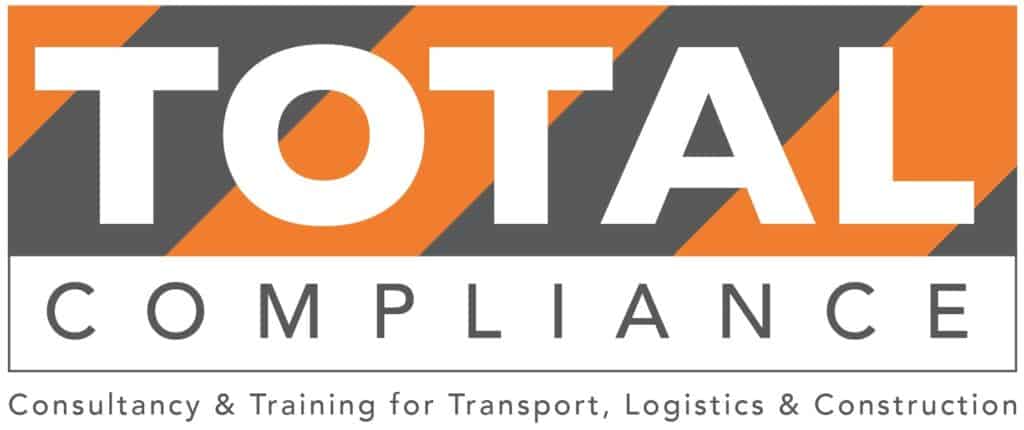

Unveiling the Key Performance Indicators (KPIs) in DVSA Earned Recognition: A Comprehensive Overview
In the realm of DVSA Earned Recognition, Key Performance Indicators (KPIs) serve as vital metrics to gauge an operator’s compliance in maintenance and driving activities. These KPIs encompass all records associated with the operator’s licenses included in the scheme, aiming for a thorough evaluation of performance. Let’s delve into the intricacies of DVSA Earned Recognition KPIs and how they shape the compliance landscape.
- Comprehensive Measurement:
KPIs are meticulously designed to cover 100% of the records across all licenses held by the operator within the scheme. This inclusive approach ensures a holistic assessment of compliance across the operator’s entire portfolio. - DVSA Validated Management System:
Upon joining the scheme, operators commit to having a DVSA validated management system capable of monitoring KPIs and automatically reporting exceptions. A list of validated IT system providers can be found at www.gov.uk/dvsa/earned-recognition, offering operators a range of options to streamline their compliance management, and we can offer an approved service at Total Compliance. - Tolerance and Alerts:
Tolerances are built into the KPI framework to provide operators with timely alerts when a KPI is missed. The triggers for these alerts may not automatically be relayed to DVSA and are dependent on the extent to which the KPI is exceeded. This system empowers operators to proactively address areas of non-compliance and take corrective measures. - Scheme Manager Oversight:
The scheme manager sets the KPIs and determines trigger points. They retain the right to add or remove KPIs and adjust trigger points as necessary to enhance the effectiveness of the scheme. Operators will receive notice of any changes to the KPI framework, allowing them a suitable timeframe to meet the new obligations. - Fulfilment of KPI Measures:
Compliance with all KPI measures is a prerequisite for operators to achieve the required audit standards. Meeting these measures underscores an operator’s commitment to maintaining a high level of compliance within the DVSA Earned Recognition Scheme. - Manual Uploads:
With the agreement of the scheme manager, operators may have the option to manually upload completed inspection reports to the DVSA validated electronic management system. These reports must undergo thorough quality checks and verification by the operator, ensuring the accuracy and integrity of the data.
It is crucial to emphasise that adherence to all relevant legislation is a fundamental requirement within the scheme. While KPI tolerances are primarily in place to monitor infringements, compliance with legislation will be closely reviewed and reported during periodic audits. Persistent breaches of legislative parameters, despite KPI tolerance, may prompt further action by the scheme manager.
Additionally, it is essential to note that if a driver or vehicle belonging to an accredited operator undergoes an enforcement inspection by any relevant authority, failure to comply with regulations will result in the same sanctions as operators not part of the DVSA Earned Recognition Scheme.
By familiarising themselves with the nuances of DVSA Earned Recognition KPIs, operators can proactively enhance their compliance efforts and ensure alignment with the highest standards of operational excellence.
If you are looking for a supporting technology system, training, consultancy, pre-audit or to use us as an approved audit provider, please get in touch with us at Total Compliance on 0345 9001312 or email info@totalcompliance.co.uk
#DVSAEarnedRecognition #UnlockSuccess #ExemplaryOperator #RoadSafety #CommercialModules #Totalcompliance #approveddvsaauditor #keyperformanceindicators #KPI
